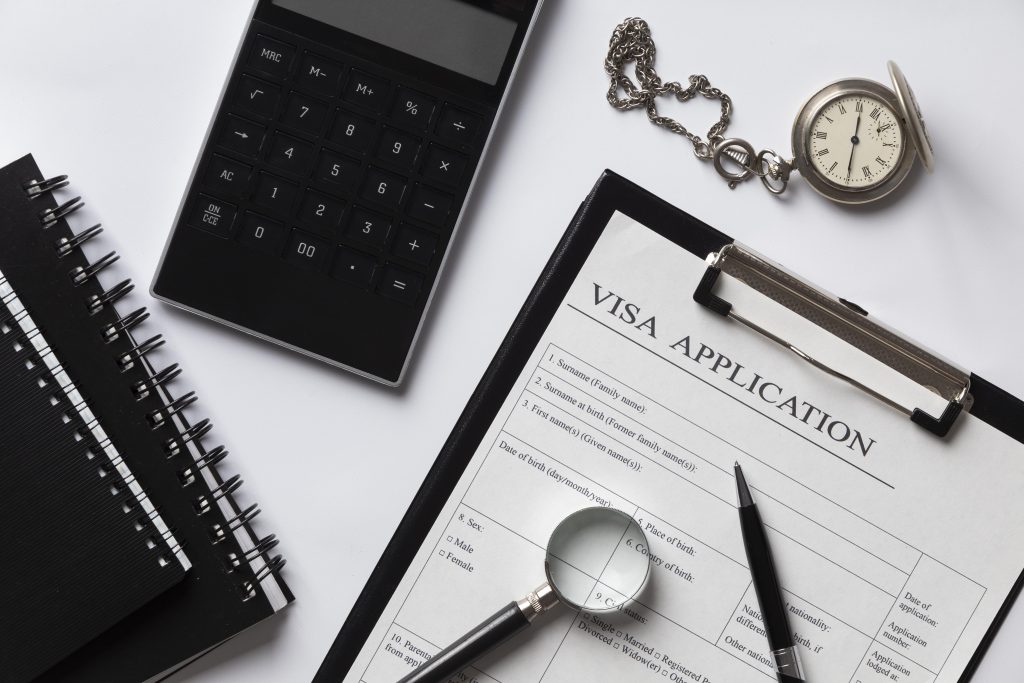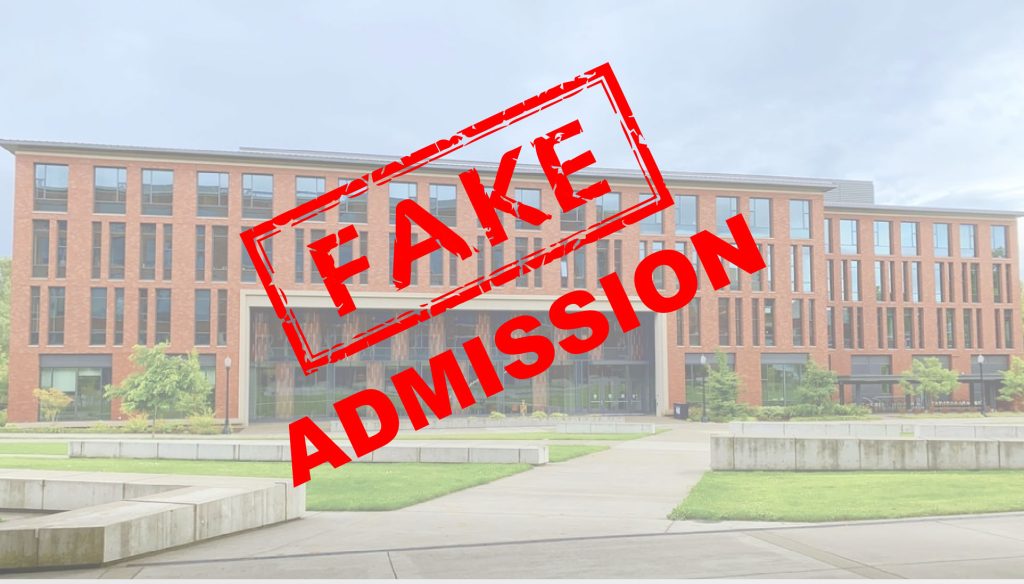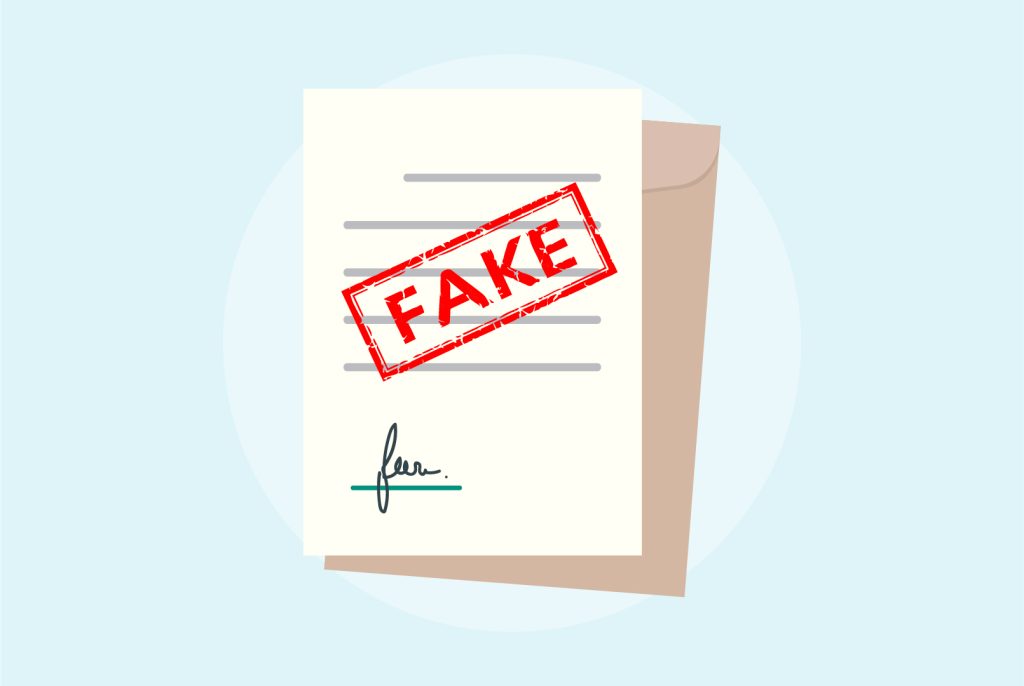Visa denial is the pits, all that time, effort and money gone in like 5 seconds. This is beside the opportunity you will probably miss because you don’t have the right papers. Year in and year out, people apply for visas and a lot of them get rejected for the most trivial reasons to concrete ones. Reasons that could be avoided.
Countries like the US and Canada have very strict and well-detailed visa policies which must be adhered to or be at risk of a visa refusal or rejection. These rules, while rigid, are standard practices laid out to prevent allowing ill-fated immigrants who might constitute a nuisance into their system. I mean, every country should look out for themselves, shouldn’t they?

This causes each immigrant application to be carefully reviewed and an interview conducted by the consulate.
For those that have been denied visas before, their ineligibilities can be either categorized as temporary or permanent. If it’s a case of temporary reasons, this can be easily fixed by reapplying after rectifying the problem whereas those with permanent visa denials can only re-apply after getting a waiver program from the state department of the US or Canada.
In this article, I will highlight some top reasons a prospective International student might be denied a visa and share some tips on how to avoid such an instance. Leggo! Keep reading.
Reasons You Might Be Ineligible For a Visa Application
It is expected that you should have a clean-as-slate record if you are planning to come into the US or Canada as an International student. This is to avoid unpleasant circumstances such as being denied a visa.
However, there are more reasons beyond that that can cost you your visa approval. Some of which can and should be completely avoided.
Let’s visit them one after the other.
Incomplete Visa Application:

You should make sure to complete every process in your visa application from start to finish before a Visa interview.
Submitting an incomplete application can lead to a delay in processing your application as the visa officers need all the required documents to decide. An incomplete application means you will get an RFE which will extend your processing time and can consequently lead to a visa denial.
Applying For a Wrong Visa Category:
Applying for a wrong visa category might come off as an oversight but this oversight can cost you your visa approval. You need to understand the category of visa you fall under before beginning the application. And make sure you apply under that category during application.
For instance, as an International student, your visa category should be F1visa which is a student visa, not a B2 visa which is a tourist visa. So if you apply under the B2 visa you will most likely be denied.
No Legitimate Admission:

Imagine going for a visa interview with a fake admission. Of course, you will be denied a visa if caught! It is pointless at most because even if one luckily evades the consular at the embassy you might be caught in the country and disgracefully deported. So why risk it?
Make sure you appear at your visa interview with documents showing your legitimate admission into a selected school.
Unpaid Sevis Fee:

After your I-20 form has been issued, your next step is to pay your SEVIS fee. The fee must be paid prior to your visa appointment. A sevis fee has a validity of 12 months, so even if you have been denied before, you can reapply with the receipt of your payment within that validity period. Without a sevis fee payment, you won’t be granted visa approval.
Inability to Prove Strong Ties:
Consular officers are usually trained to detect desperation and lies during interviews. They want to see that you have strong ties to your home country and the inability to prove it might result in a visa denial.
They most likely won’t be interested in a document but your conversation will be a determining factor. So you need to fully prepare ahead before your interview.
Fabricated Documents:
If you try to obtain a visa by fabricating your application documents it is considered a fraudulent act under INA section 212(a)(6)(C)(i) and if caught, your visa application will be rejected.

This is listed as permanent ineligibility, so your visa will not be approved irrespective of how many times you try unless you have been advised by the consulate to apply for a waiver. Only a signed waiver ruling out the ineligibility can guarantee you a Visa approval under such a case.
Previous Conviction of a Crime:
Just like in the case of falsified documents, this is also a basis for permanent visa rejection. Your criminal record will precede you because you will be thoroughly scrutinized after a background check. So it is best to avoid this by staying out of trouble prior to your visa application and also after your visa approval.

Another criminal act is an unlawful entry into the country you are applying for in the past. If you had once entered and stayed in the US or Canada without due protocol and authorization, this can be flagged as criminal behaviour and will warrant a visa denial.
Tips to Help You Avoid Visa Denials
Stay in Status
The importance of being a legal immigrant cannot be overemphasized. USCIS is keeping tabs and they will know when you run out of status. Staying illegally can have a negative impact in subsequent visa applications. It is safe to put into consideration the processing time of the visa you’re applying for when filing the application.
Confirm the immigration status you need to legally stay in the US
To know the visa you should apply for, you can check resources all over the internet and the US and Canadian embassy websites. If you are still unsure, consult a licensed immigration lawyer or consultant and they will guide you.
Understand the implications, restrictions and obligations of the visa you are applying for
This will help you prepare an application that will convince the consular that you will remain in status if granted a visa. For instance, when applying for a student visa you need to explain your ties to your home country (socio-economic) that will oblige you to go home on completion of your degree.
You will also need to show the consular that there is enough money to fund your education so you won’t get distracted working to pay for tuition.
Read the instructions on the embassy website carefully and follow them to the later
Take steps to read up and follow the instructions on the embassy website to the latter. To avoid making mistakes that might spoil your visa approval plans. As with every other thing, when in doubt seek proper guidance.
Upload documents and file applications within the timeline required
Each visa category has a processing time and deadline to file the application and submit supporting documents. Filing an application after the deadline is an automatic rejection except if USCIS reviews its policies or extends the deadlines at that time. To be safe, prepare your personal timeline and set the dates ahead to account for unforeseen circumstances that can cause delays.
Conclusion
Ultimately, ignorance is no excuse for the law and if you plan to reside legally in the US, you need to know the laws and understand how they work.
If you do this and follow these basic tips you can easily avoid visa denial of any sort. If you still have doubts or questions, share them with me in the comment section. I’ll be sure to answer them.